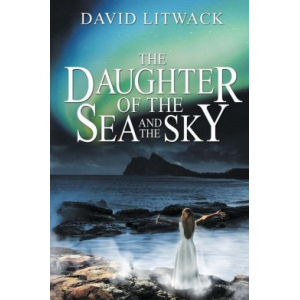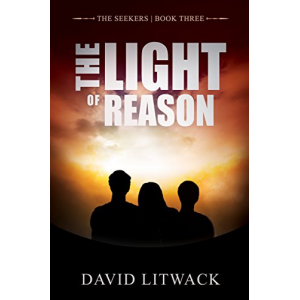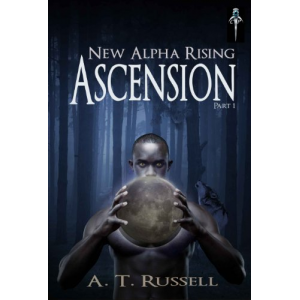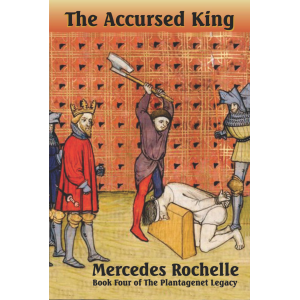- Author
- Book
- Story behind the book
- Media Links
- Reviews
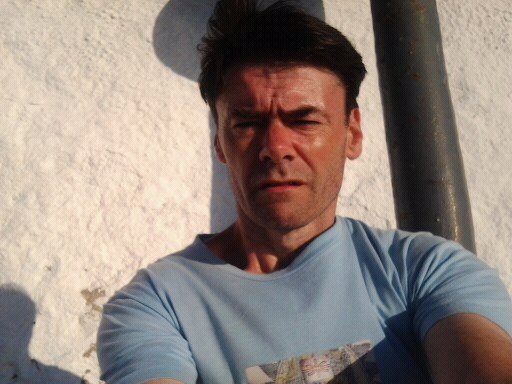
Daniel Buckley
About
Hi, thanks for viewing being a fan of all things Minoan the island of Crete and other Greek islands also Sicily have drawn me towards them during my holidays that involved research for my books on ancient history.
My interest in the Minoans started at school a teacher who had visited the Knossos site on Crete shared their photos and books.
From that moment I was hooked deciding that in the future I would visit Crete and see the site with my own eyes.
Fate dictated that I would see the site first with my family and later on my own several times.
It never fails to lift and impress true the weather helps words alone do not do it justice.
My writing began with a website on history which was a WordPress blog that suffered at the hands of hackers such as those who made Yahoo and Talk Talk victims
My New website is also a WordPress however, it's a free site and is far easier to operate than the old site which allows me more time to work on my books which are important to me.
Having future books planned on subjects of my choice it helps me being an indie author giving me the freedom to work projects that are a labour of love on Historical figures, either factual books or Historical fiction serves well doing the figures involved justice in my works and books going forwards.
My parents always had books around the house and you could find a book on most genres in our house which was five years a farmhouse cottage in
Budleigh Salterton.
Set by the River Otter it overlooked fields and the beach in the distance.
Currently, live in Castleton near Rochdale my town of birth.
My favourite city York is a two-hour train journey away and provides me with an inspiring endless pool of ideas within its ancient Roman city walls and buildings a place to chill and relax away from all the problems thrown at you by everyday life...
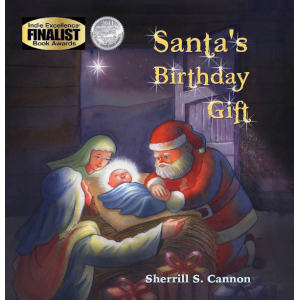
Santa's Birthday Gift
Description
<p><span style="color:#000000;line-height:115%;font-family:Arial, 'sans-serif';font-size:10pt;">Santa’s Birthday Gift was written in response to a grandchild’s question, after reading the story of the Nativity.<span> </span>She asked, “But where’s Santa?”<span> </span>This story tells the story of the Nativity and then goes on to tell the story about how when Jesus is born, Santa sees the star at the North Pole and travels to see the baby. Since he is a toymaker, he brings his bag of toys - and offers them to the Christ Child, and then to all the people of the town. His birthday gift to Jesus is a promise to bring gifts to all good boys and girls each year on the Christ Child's birthday</span></p>
